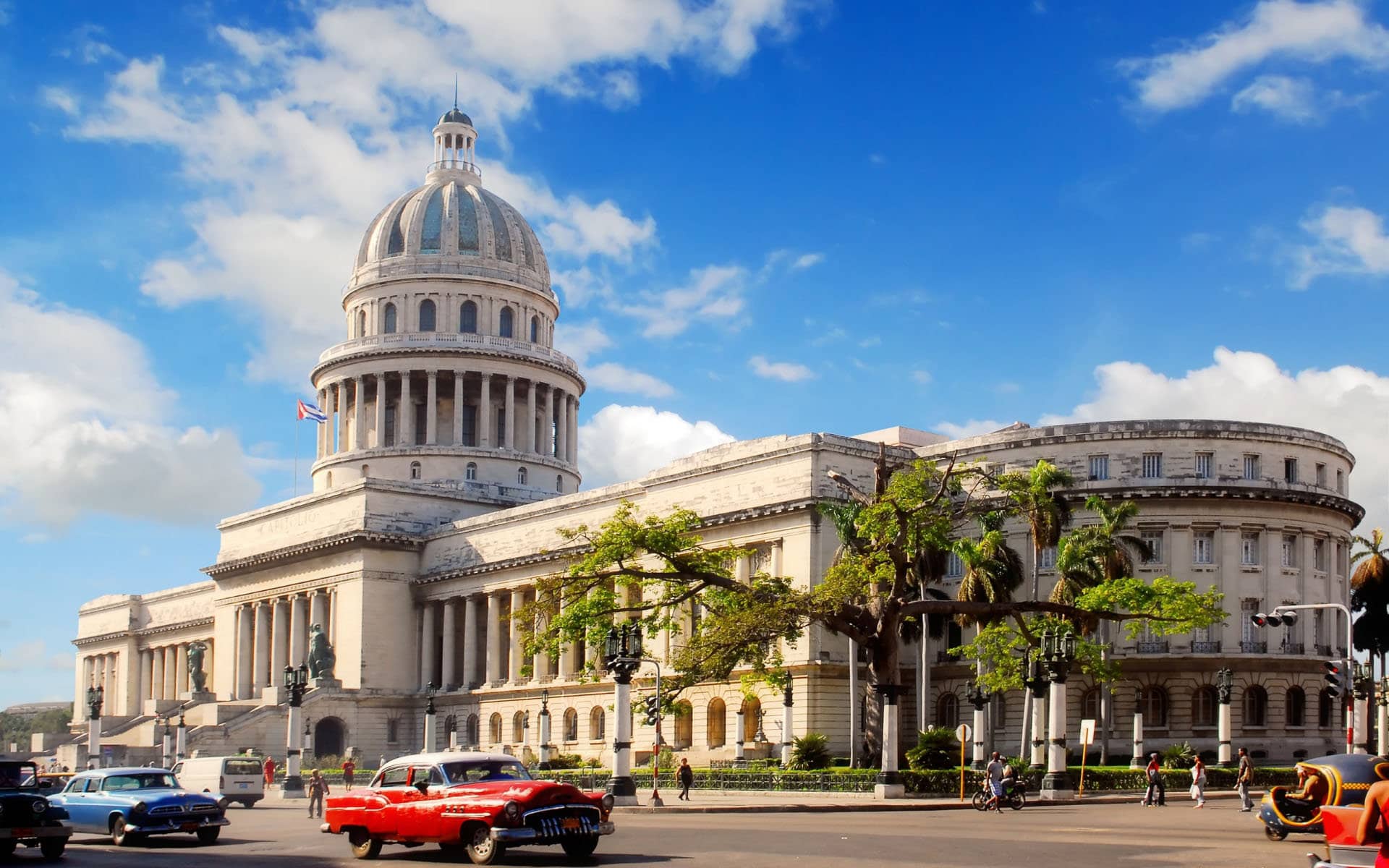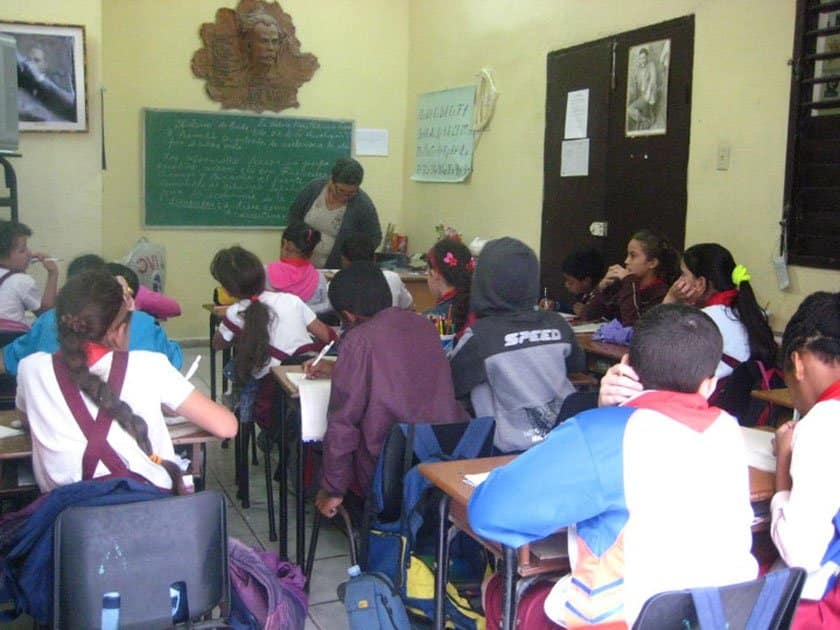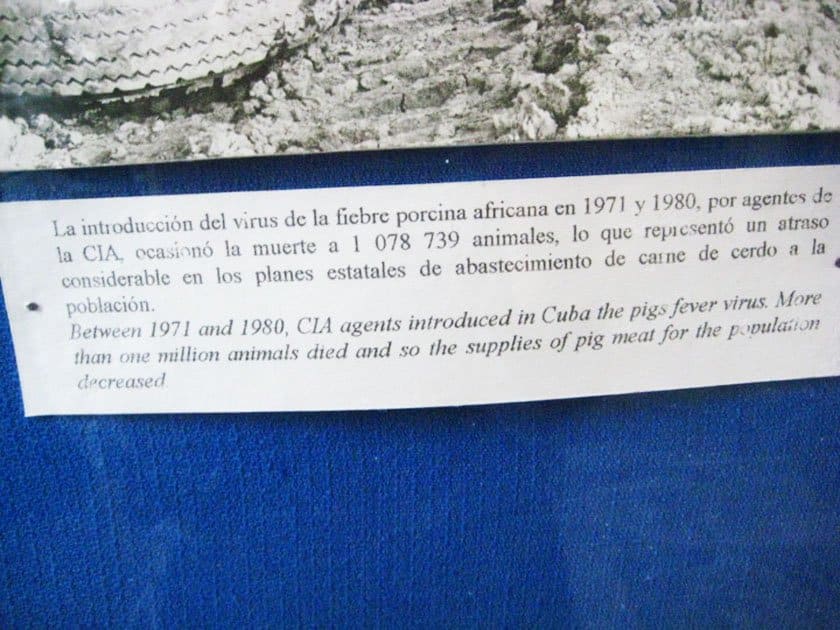I visited Cuba in January 2011 as a tourist and lived in the home of a Havana family for five days. I traveled by myself from Canada, on a Chinese passport, and speaking no Spanish.
To summarize my impression:
1)Poverty pushes Cubans to strive for a better life with impressive entrepreneurial spirits;
2) the government’s propaganda machine seemed fairly strong and effective;
3) ordinary people can be nice and kind like everywhere else.
Unlike resort areas such as Varadero, Havana allows one to see a much more real contrast between the life of foreigners and that of the local Cubans. The most obvious difference is that the country has two currencies: the Peso (local currency) and CUC (Cuban Convertible Peso), which is only for trading with foreigners.
As a foreign tourist, I was only allowed to obtain, and pay in CUC, which is worth 20 times more than the national Peso that Cuban citizens normally earn.
How I Found the HomeStay
I did not book a “casa particular” (private house) to stay in prior to arrival because I didn’t bother being ripped off by any travel agency.
From the airport, I took a taxi to the area in central Havana with all the hotels popular among foreign tourists, and walked into a few hotels to ask for room rates because I knew the staff working there usually speak English.
After expressing my intention to stay in some local family’s home and pay 1/4 of a hotel’s rate, an old man working at one of the hotels used the phone at the hotel front desk to call his neighbor. Before long, a 20-year-old girl came over to the hotel with her boyfriend and took me back to her parents’ apartment to take a look.
The apartment was on the fourth floor of a walk-up in downtown Havana.
I sensed that the family were generally friendly and kind people, and they probably felt the same about me. After some bargaining, they agreed to let me stay for 25 CUC a day for five days – again, that’s five months’ income of the mother who works as a nurse. The old couple gave their bedroom to me, and pulled out a mattress to squeeze into their daughter’s room for five nights.
For me, this means exploring an exotic foreign culture at a fraction of a hotel room’s price.
For the family, this means earning five month’s income in five days so they’d have more meat on the table, but in the meanwhile taking the risk of some sort, for hosting a foreigner at home.
Just to put things in perspective, this was 2011. Raul Castro’s economic reform was being launched, which means the government was beginning to lay off some publicly employed workers and to gradually allow private businesses.
Getting To Know My Host Family Better
For the next five days, I was mostly on my own walking in and around the capital to check things out. The family would cook two meals for me every day, with very little meat, but I could tell that they tried to bring more.
They apparently already took my rent to the black market in exchange for extra meat and eggs beyond their household quota, and most likely a decent amount of Peso that they’d keep for themselves.
I could relate to their situation because I myself grew up in communist China in the late 80’s and early 90’s. I vaguely remember the days of 粮票 (food stamps) in my childhood.
Soon the family trusted me enough to chat more about their family story: the mother had a younger brother who fled to Miami some ten years ago and had since kept sending money and things back home. (This probably helps explain why they even had the guts to host me…)
The girl’s favorite procession was an iPod that her uncle sent back home as a Christmas gift one year. She loaded the iPod with American pop music such as Rihanna and Jason Mraz. The family’s favorite entertainment was watching Mexican soap opera that they could receive through an antenna illegally installed by themselves – so do many of their neighbors.
The Communist Footprints
Being from China, I was most fascinated by traces of communism everywhere in the country. Many of them reminded me of my childhood in China. For example, almost all elementary school students (Young Pioneers as they are called) wear the red scarf as a symbol of the communist scouts known as the José Martí Pioneer Organization.
We had almost exactly the same thing in China.
At the national museum of history, I had a very interesting afternoon learning how history was taught in Cuba. From the Bay of Pigs to George W. Bush, everything shows how the evil American Imperialists have tried to destroy Cuba’s revolution and independence… which I believe- is ironically true.
Catholic churches are still available for tourists to visit but apparently not in use anymore. No cultural significance is given to the country’s pre-Revolution history, not to mention the pre-1492 history, which I happen to be interested in.
I don’t know about now, but back in 2011, Internet was not easily accessible at all.
I had to go to this five-star hotel that only had a “cyber cafe” on the fifth floor. It turns out to be just a dark room of five extremely slow computers, and a long queue.
(This is an excerpt from Rony Gao’s original article.)





